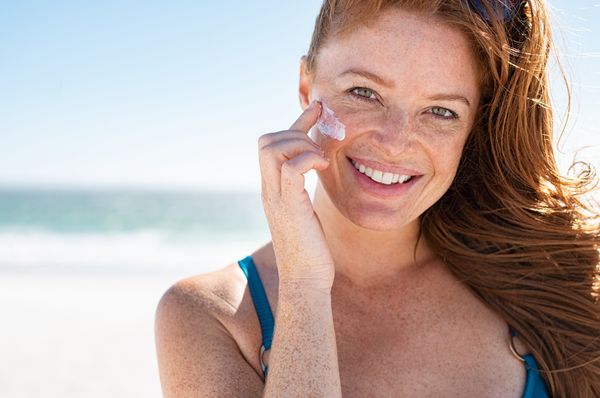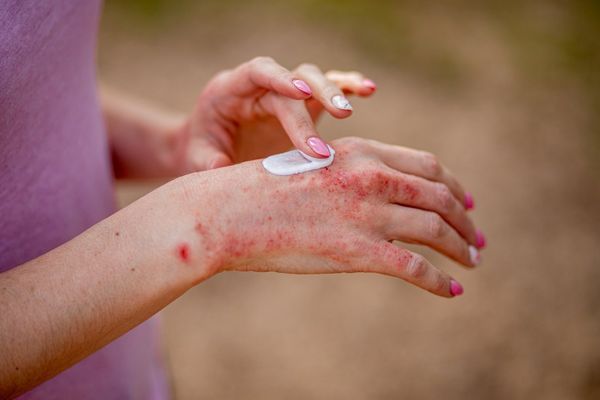Guest blogger: Eucerin Skin First Council Member Dr. Rajesh Balkrishnan
The environment we live in is a crucial factor in maintaining the health of our skin. I believe that a large portion of skin problems are due to irritants in the air such as automobile exhaust and smoke from chemical factories. These are triggers for poor skin health as much—if not more—than they were two decades ago. Studies have shown that pollution can cause reactions in the skin that inhibit the way it builds and repairs itself.
Sun damage is another big issue for concern. Generally the planet is hotter, and we're seeing a lot more sun exposure than we did just four or five decades ago. This results in many new cases of skin cancer, as well as higher expenditures in health care for actinic keratosis, a scaly or crusty bump that is a precursor of skin cancer and a by-product of sun damage. It's a very common condition in the Western world, and the frequency of diagnoses of keratosis has gotten much worse in the last 20 years because of the downgrading of the environment.
When you consider added problems, such as dry and cracked skin (or even eczema), caused by harsher winter weather, you realize that your skin is assaulted by the environment all year round. We can't always avoid the effects of the weather and the environment, but we can try and protect ourselves. I suggest maintaining an ambient temperature where you work and live—not too cold or too warm. Use a humidifier and always wear protective clothing when you go outside.
Try and supplement your diet with skin-nurturing foods rich in vitamins D and E, such as fish, tofu, milk, spinach and blueberries. These vitamins have been shown to improve skin's tone and add moisture needed for growth. Also, eat foods that provide the minerals and fatty oils needed for healthy skin texture. Dairy products are a good source and so are some nuts like almonds.
Finally, be diligent with your daily use of skin care products. Moisturizing products are crucial to protect the skin from cracking, and lotions with SPF can help you avoid damage from the sun. Even taking small steps in a compromised climate can make a permanent difference in the health of your skin.
Dr. Rajesh Balkrishnan directs the Center for Medication Use, Policy and Economics at the University of Michigan. Dr. Balkrishnan's research generally focuses on the application of statistical methodology in examining issues related to the effectiveness of medical care delivery. He is a member of the Eucerin Skin First Council.







